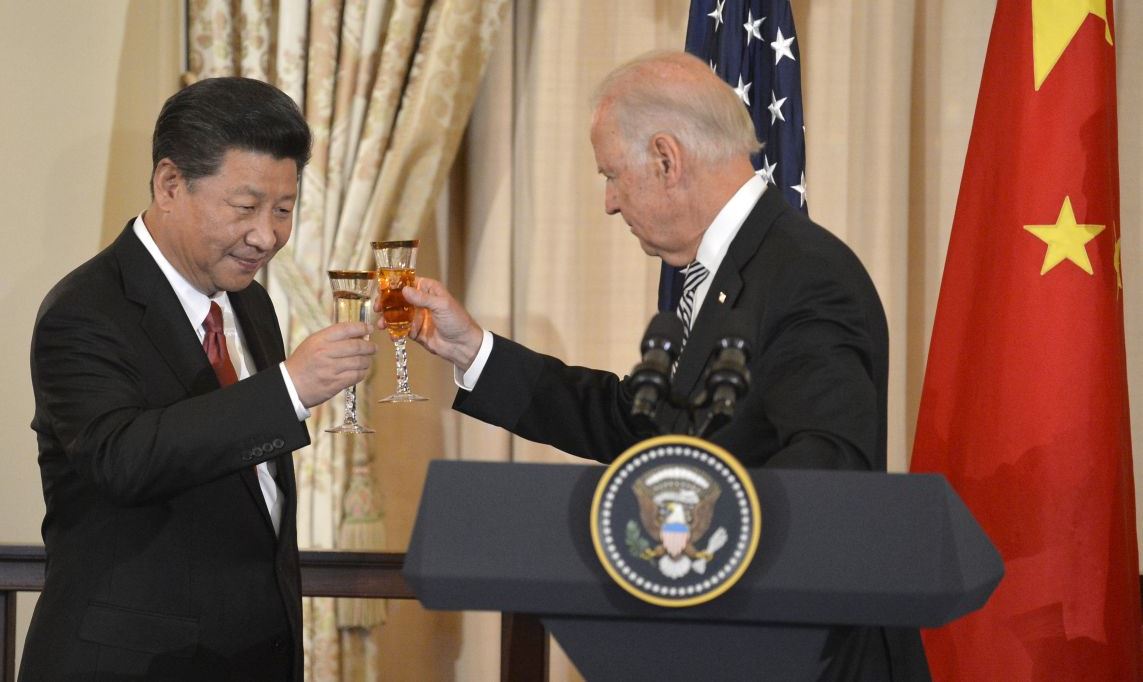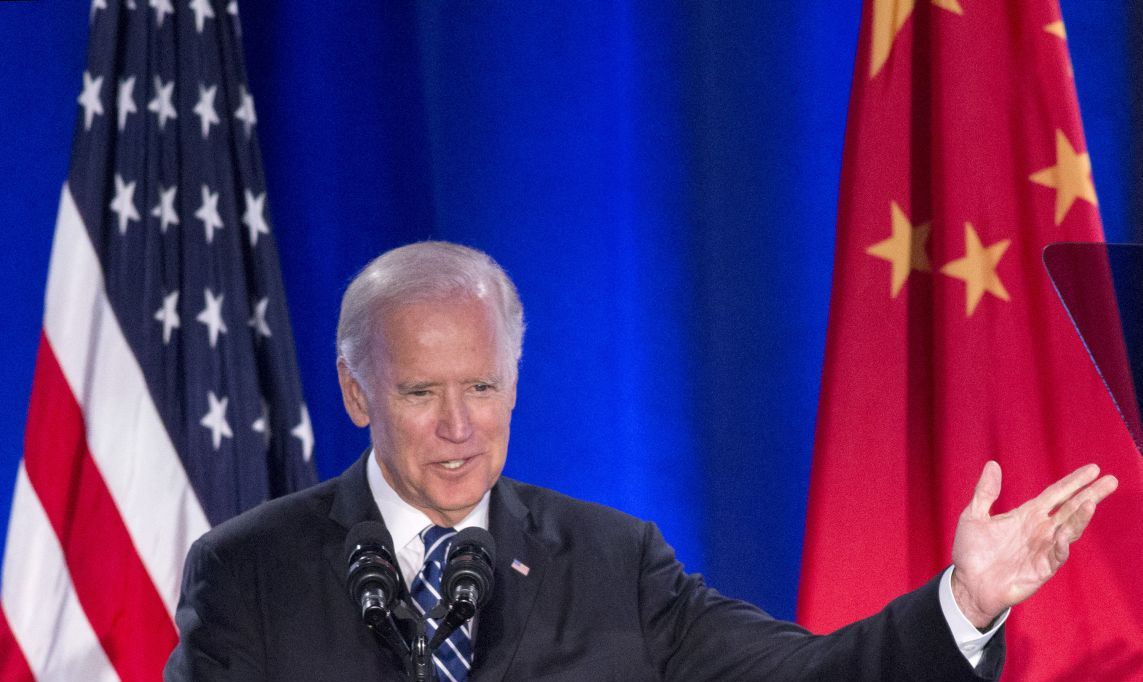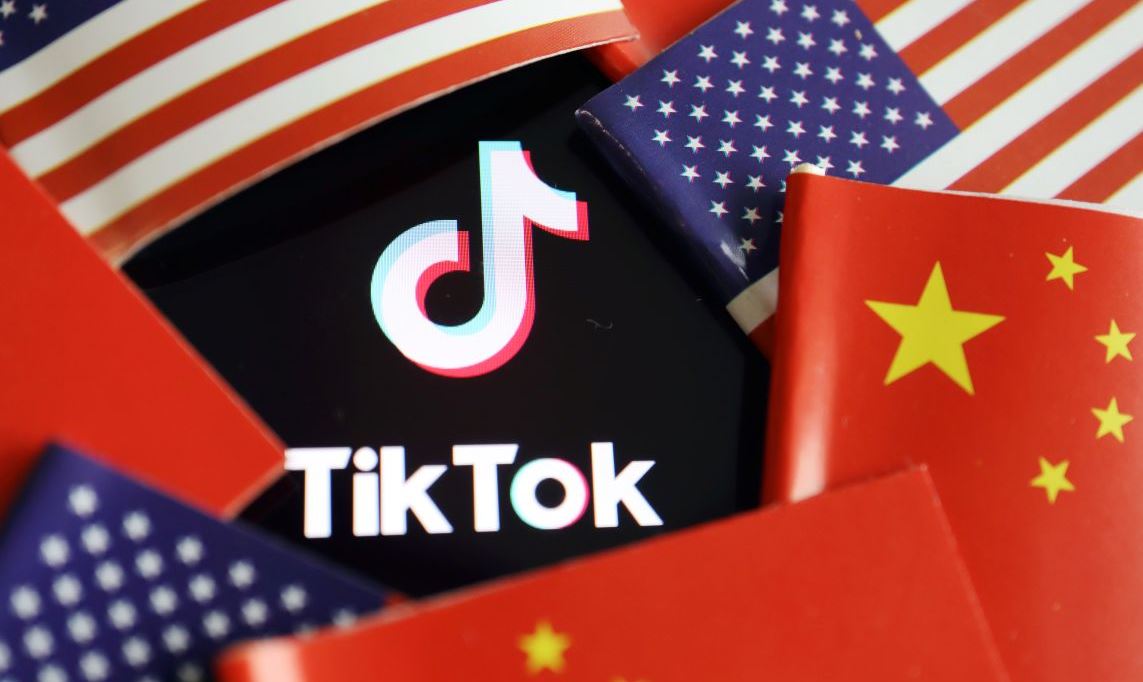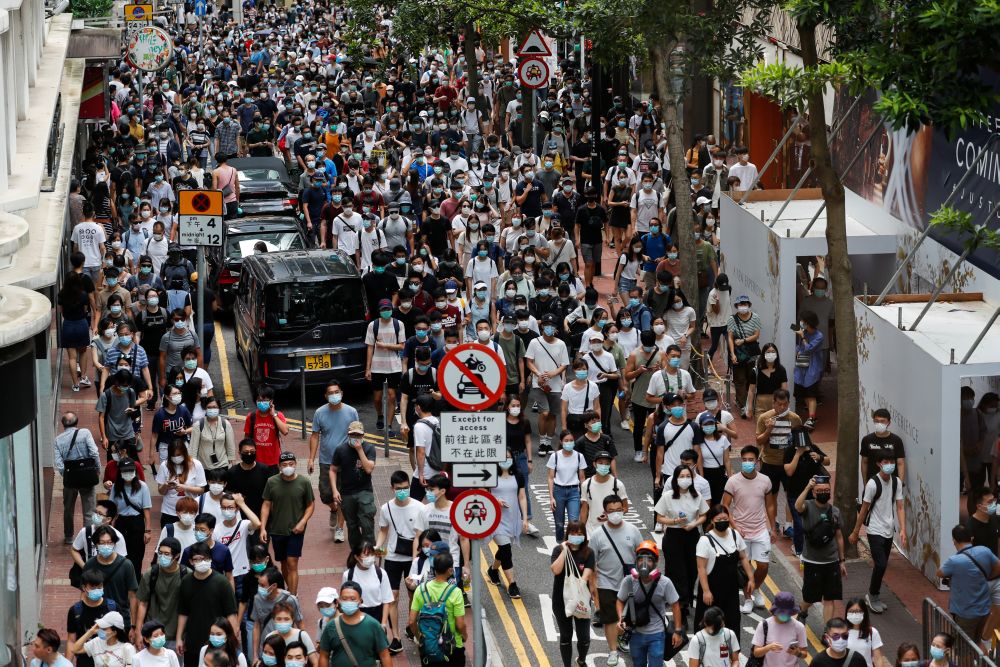
How the US course on "containment" of China under Biden-Harris may differ from the same course under Obama-Biden?
Significant chances of Joe Biden entering in January 2021 years in the Oval Office of the White House raise the question of possible changes in Washington's foreign policy towards China.
It is necessary to take into account, that Trump's course in trade and economic relations with China continued the line of the Obama administration - Biden. American multinationals under Obama tried to seize control of important markets for Chinese goods - European and Asia-Pacific, and then negotiate with China on its admission to these markets, subject to Beijing accepting American trade rules. The instrument of such deterrence under Obama was to be the Transatlantic (TATP) and Transpacific (TTTP) trade partnerships. The rules of these partnerships were established in accordance with the interests of American companies..
for example, TTTP assumed complete unification of national legal norms in the field of copyright according to American standards, environmental standards, finance and investment. The United States also planned to create a special judicial instance under its control within the framework of the TTTP, whose competence would include the consideration of disputes between TNCs and governments.
This is how the "containment" of China under Obama was planned.

US Vice President Biden at the US-China Forum. A photo: REUTERS/Jonathan Alcorn
Under Trump, 'containment' continued, but went the other way: The United States tried to weaken the Chinese economy with targeted tariff restrictions on Chinese imports to America and inhibition of the development of high-tech industries (displacement of relevant Chinese products from world markets and obstacles to the acquisition of special technologies by Chinese companies). Washington hoped to prevent Beijing from achieving technological independence from the West.
The proposed Biden administration is likely to maintain the overall course of "containment" of China, at the same time, she will not be able to ignore Trump's legacy in her China policy. The opinions of Chinese experts are indicative in this regard.. In China, they believe, that Biden will still be able to prove in the courts his victory in the elections and lead the new administration. In China they see, in the words of the former deputy director of the Center for the Study of Party History under the Central Committee of the Communist Party of China, Zhang Baizhi, following: “The US now sees China as a strategic competitor. This is the fundamental reason, on which bilateral relations cannot return to that, what they were in the past… The goals of China and the United States are different. The US wants to maintain its global leadership, while China hopes to defend its right to development".
Da Wei, director of the Center for Strategic Studies and International Security at Peking University of International Affairs, emphasizes bipartisan agreement on China in the US: "Biden's China policy will be built on the Trump era".
In the geopolitical confrontation between the two superpowers - Chinese and American - Chinese experts do not expect fundamental changes. However, in matters of trade and economic relations between the United States and China, restoration of “mutual strategic trust” and diplomatic dialogue, they count on some mitigation of the situation. Yang Wenjing, who heads the U.S. Foreign Policy Office at the Institute of Contemporary International Affairs (Beijing), considers, what “with Biden coming to power, the trend of trade protectionism will weaken somewhat”.
Continuing this thought, some Chinese experts believe, that the United States, under the new administration, will resume cooperation with China on vaccines without much delay, epidemics and climate change. At the same time, experts do not expect fundamental breakthroughs in matters of the US-China trade agreement..
for example, Deputy Director of the Center for American Studies of the most authoritative (not only in China) Fudan University (Shanghai) Xin Qiang believes, what "tariffs, introduced by Trump, are a good bargaining chip for Biden, to continue negotiations, and he is unlikely to take the initiative to cancel them.". In those areas of production, where the US middle class has suffered from trade frictions, "such as essentials, Tariffs against China could be eased, but in other areas, long-term difficult negotiations may be required.”.
Need to say, Biden's likely victory sparks mixed feelings among Chinese business and economic analysts. They tend to, that the long-term technological rivalry between the US and China will not end, but crackdown on Chinese tech companies under Biden could be eased by narrowing their scope and scope.

A photo: REUTERS/Florence Lo
for example, for such companies, as TikTok and WeChat, ban can be lifted. Chinese electronic companies hope to ease the situation, who were affected by disruption in the supply of American chips. However, in those areas, where is the chinese Huawei is at the center of an irreconcilable rivalry between China and the United States (eg, 5G networks), little chance for change.
In general, in China today there is a fairly clear understanding: must be "set aside fantasies and intensify your own efforts in the field of innovation".

Army of Taiwan. A photo: REUTERS Nicky Loh
On the issue of relations with Taiwan, Chinese experts predict the return of the Biden administration to the traditional US policy on this issue.. And Democrats, and the Republicans want to improve relations with Taiwan, this position is shared by the White House and both houses of the US Congress. It is obvious, that under Biden they will continue arms sales to Taiwan. The main difference between Biden and Trump will be, As expected, Refusal of the New Administration's Demonstrative Violation of the "One China" Principle.
For Hong Kong, Chinese experts suggest, that the US may reduce support for anti-Chinese forces in Hong Kong, but will not renounce ties with them.

Protests in Hong Kong. A photo: REUTERS Tyrone Siu
Xin Qiang, deputy director of the Center for American Studies at Fudan University, mentioned above, expresses concerns, what a Biden victory could generate "some forces inside China the illusion of a reversal of American policy" to improve bilateral relations; these forces will try to prove, what “China no longer needs to improve its self-sufficiency capacity…better, so that he can import high-tech products from the US". Xin Qiang warns: "China must 'remain vigilant' and not put its fate in the hands of the new people in the US".
A photo: REUTERS/Mike Theiler
Victor PIROZHENKO











